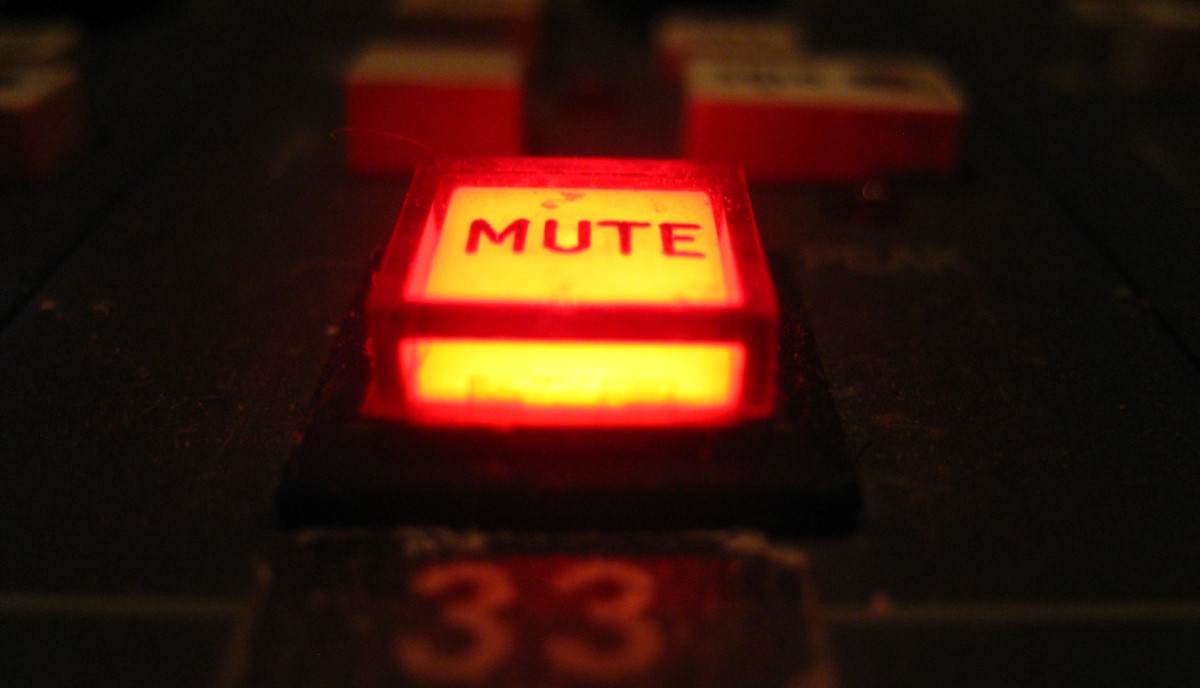The Facts
SCOTUS on Tuesday heard arguments in Gonzalez v. Google, the first time the court has heard a case challenging the scope of Section 230 of the Communications Decency Act of 1996, which has been upheld in the lower courts.
Gonzalez v. Google was brought by the family of 23-year-old American college student Nohemi Gonzalez who was killed in the 2015 ISIS terror attack in Paris. Gonzalez’ parents allege that YouTube — which is owned by Google — is liable for damages because its algorithms violated US terrorism laws by recommending videos the terrorists found helpful.
The Spin
Narrative A
Section 230 offers a vital protection that has facilitated the tremendous innovation we’ve seen in online platforms over the past two decades. Without it, companies would be unable to provide the user experience, recommendations, and economic opportunities currently afforded to people around the world. The loss of such legislation would cause irreparable damage to the sector and come at a huge cost to internet users globally.
Narrative B
When Section 230 was first created in 1996, its creators could have never envisioned the behemoth social media would become in the lives of millions around the world. Big Social Media companies represent some of the largest and most influential corporate entities in the world and, with that much power, comes proportionate responsibility. Companies like Google can shape the psyche and actions of the population — there must be greater accountability and regulation in the online world.



